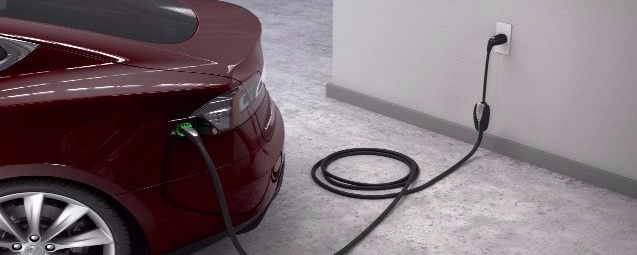Will you ever own an electric vehicle? a question has been asked recently to the customers and the answer seems like it’s “no” or, generously, “maybe.” Out of all the answers only few answered “yes”. There are many factors that make people mentioned not to buy an Electric vehicle.
Nowadays, more automakers are dropping EVs into the market, which is obviously great for the environment. But we’re in the early days, and a car you have to plug in won’t be practical for everyone. Let’s break down why you should or shouldn’t get an EV.
Pro’s
- An electric car will save you money in the long run.
- lower maintenance – There’s no oil change required, brakes last almost forever if you use regenerative braking, and spark plugs, clutches and distributor caps are vestiges of the past.
- The electric instant-on torque alone should convince even the most die-hard petrolhead that an electric car is at least worth considering.
- Of course, the biggest advantage is becoming a greener individual.
Con’s
- Charge Infrastructure – That’s the biggest hindrance to purchasing an EV. If you don’t have access to a charger at home or at work, you’re going to be relying on public charging which are not deployed yet.
- Charge time – Charging up the battery of an electric car can take up to 2 hours, and a typical Quick charge takes a minimum of 15 minutes which is a greater disadvantage.
- Cost – EVs cost more than regular cars. There are tax credits, but those may go away in future as government officials focus on cutting taxes.
- Range (Km) – most cars right now get around 100 miles. If you have a 70-mile round-trip commute, you’re fine, but anything more than that and you’ll start feeling that range anxiety.

Who should buy an Electric Car:
EV’s can suit you if you have access to an overnight charger or one at work and your overall round trip is less than 70 miles a day. This is especially true if you live in an urban area or a suburb. Rural locations would also work, but it might be tough to find chargers in a pinch.
By the middle of the next decade, it’ll be tough to find a car that isn’t electrified in some way. Right now, though, the entire industry is in something of a transition period. Battery and electric motor technology will improve over time. But even now, there are some great electrified cars on the road like Tesla roadster etc., However driving an EV just feels great.



